Turning a passion into a Job, Part III: Caught in the monetary rat race
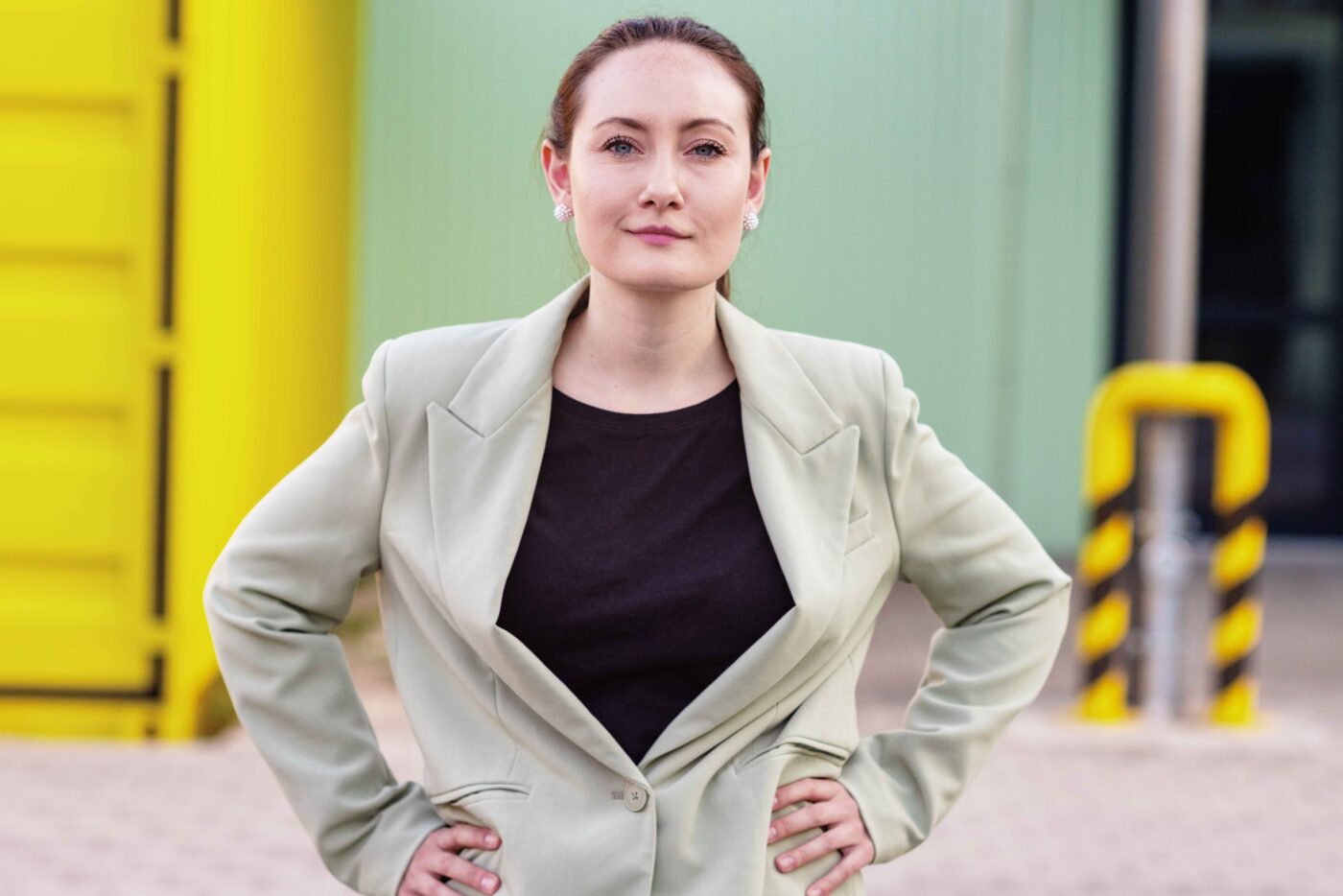
The phenomenon is not uncommon and occurs in almost all situations in life. If you want something more than anything, it seems almost impossible to get it. Alan Watts described this problem as the Backwards Law, which essentially states that the more you let go of control, stop pursuing something, the more energy you release that would otherwise go into gaining/keeping that very control or thing. Or to put it more simply; “Stop trying to get it, and you’ll have it”, or as the german pop band “die Ärzte” sang “you are always at your best when you don’t really care”.
Watts explains this not as a live hack, where you tell yourself you don’t want something and that’s exactly what you get. But rather letting go of something with all your heart and gaining all the energy back, that you invested into holding on to, securing it. Of course, just pretending to let go and hoping in the back of your mind that you will get it doesn’t work.
Drinking tea in the eye of the storm; Freelancing and income
Unfortunately, especially in the freelancing sector, it is extremely difficult not to want income, not only when the costs for rent, insurance and subscriptions are getting dangerously close and the account just barely covers the purchases for the weekend. But also if you just want to pursue a certain lifestyle for all the work and risk.

Because it took me two years to develop a mental attitude that is immune to falling into existential fears when financial fluctuations occur and the money factor is a big one in whether you stick with freelancing or not, this blog entry is about freelancing and the tiresome income.
Because unfortunately, what we enjoy at work also tends to give us a couple of worry lines (or gray strands; a stylist once lovingly described it as polar blonde).
In this post we’ll take a look at practical measures, as well as mental once, to cope with that part of self-employment. Here is an overview:
- Drinking tea in the eye of the storm; Freelancing and income
- How much do I need at least and where do I see myself
- Stay open to areas of work in which you may not have seen yourself in
- It is always easier to generate more from an abundance than from a lack
- How to stay calm even when everything seems to be falling apart (just financially, I’m not a guru)
Life without a regular salary and the challenges it brings
You only appreciate how pleasant a predictable flow of money is when it is no longer there. Not being able to plan how much money you have available for the next few months is a challenge, both organizationally and mentally.
In addition, if you don’t work with advance payment like I do, the payment for a project often only ends up in your account weeks later, after the project has been completed. Sometimes you have the luxury of already having two upcoming projects in your pocket for the next few months, only to have the jobs rejected at short notice, and you start from scratch again. That can make you feel very unsecure and constantly anxious of the near future, even when things seem safe for the moment.
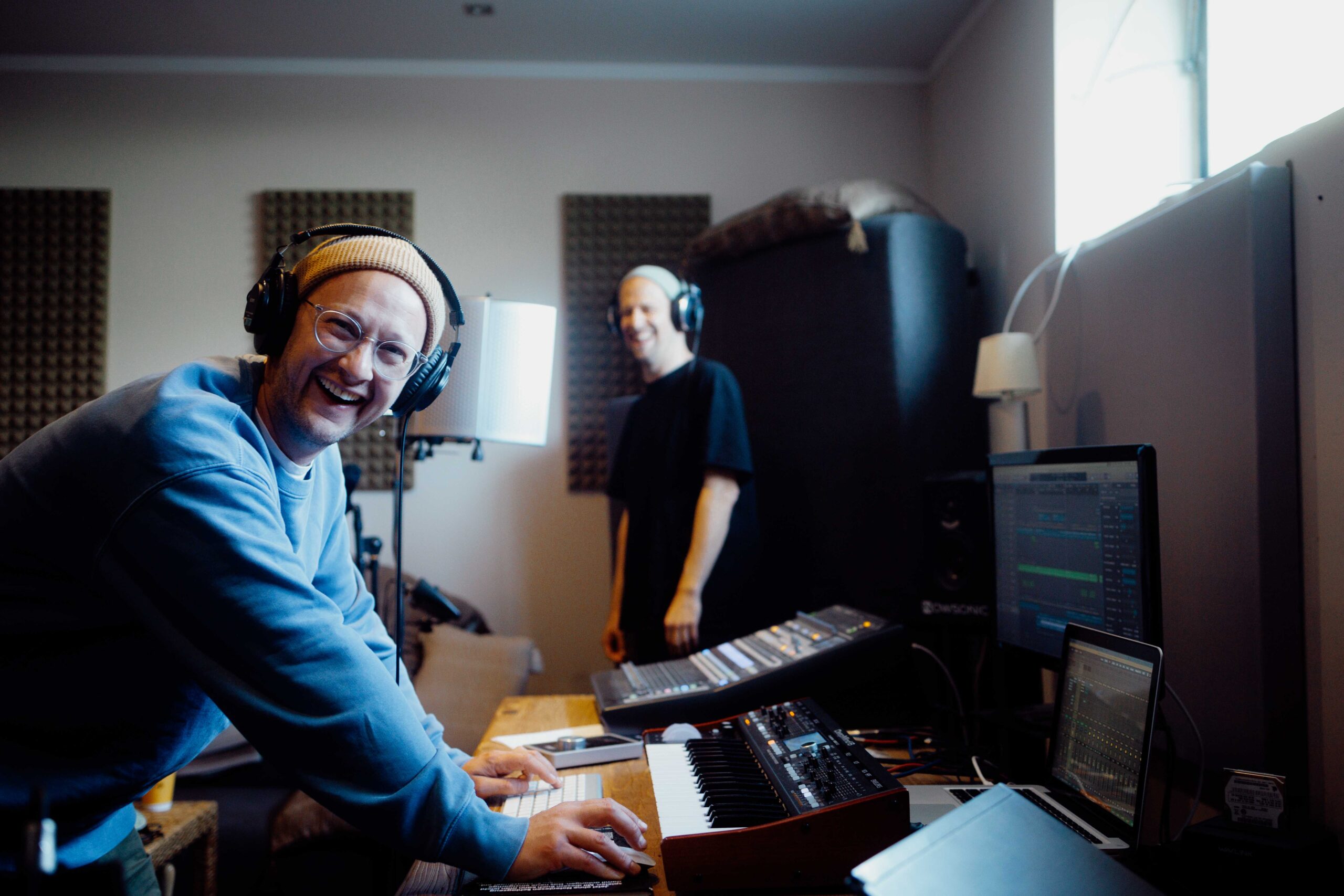
In addition, even with a big plus in your account, if you are like me, the money is invested in a new lens faster than you can say “shit, I forgot the VAT advance payment“. There are of course measures that provide a little security at the end of the month, even with the financial foresight of a goldfish
Strategies that help me prevent financial fluctuations and stay calmer:
- Side income: A part-time job that is as flexible as possible and doesn’t interfere too much with your freelancing creates financial security and, in the best case, also a healthy contrast (e.g. between mental and physical work). I for example to culinary tours, it’s well paid and gets me out of my home office.
- Financial reserves: Easier said than done, but I generally know that anyone who manages to put a little income aside as a buffer has a clear advantage (I’ll never get there. Since I’m a hoe for those sweet, sweet film photography and spending too much money on food and drinks).
- Seasonal fluctuations: For many professional areas there is something like a high season and low season, for wedding photographers there is a lot going on in the summer, but the January after New Year is a quiet period for many companies and self-employed people. Through experience in the industry or research, you can plan in advance and use those times for outside or inside work… who knows maybe even for vacation?
- Pay in advance or interim invoices: Especially for larger projects that last months, it also helps you to provide your clients with an interim invoice. This creates a clarity about the costs and can get you through the month. Paying in advance and collecting half of the order volume at the start can also help, but in my opinion it makes more sense for larger projects.
- Don’t rest on late payments: It’s easy to rest on upcoming payments if, for example, you still have 2,000 euros outstanding from a job that happened last month. Of course, the money is coming and that’s relaxing at first, but it’s still money that won’t be earned in the current month.
However, all of these tips assume that you actually know how much you have to earn, and knowing that is super essential to ensure that the first steps towards self-employment don’t go towards a cliff.
How much do I need at least and where do I see myself
In the end, there is a minimum amount that you simply have to earn each month to stay afloat and unfortunately many people start freelancing as a side hassle and set prices for their services, that’re just not enough to provide just that.
It helps to calculate the minimum income you need in advance and actually keep track of whether you earn enough as early as possible. Even if you just start it as a side hassle. It sounds super dry, but a household bill, a business plan or rudimentary accounting right from the start is not only helpful, but also creates the basis for healthy growth and protects against self-exploitation.
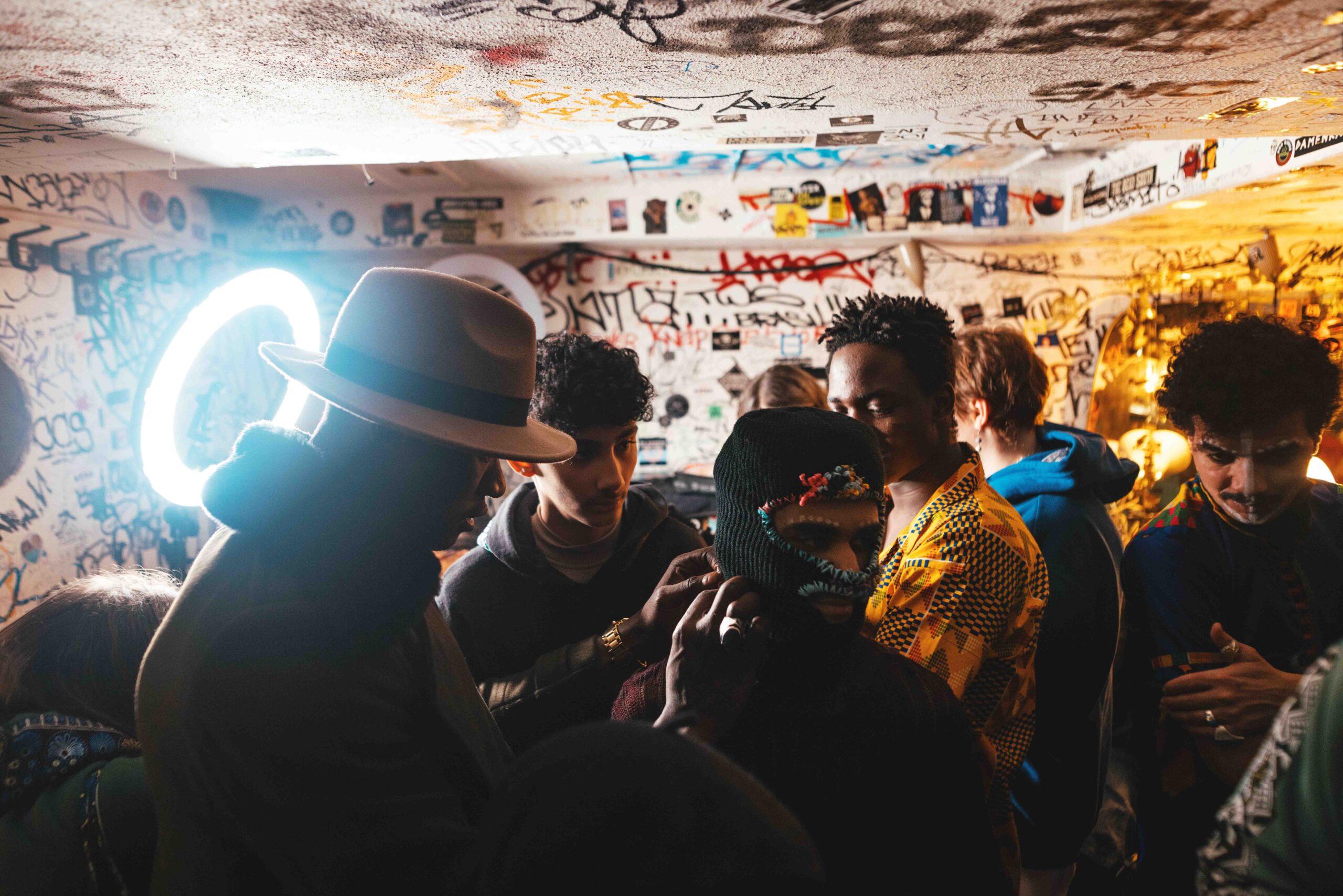
Besides, just surviving isn’t really that great in the long run. At some point you would like to earn enough money to go on a relaxing vacation again, treat yourself to something or (who knows) put something aside for your twilight years and invest in something larger.
The Chamber of Crafts, for example, offers free advice on the creation of a business plan for anyone starting out on self-employment in the craft sector. It is very worthwhile to take advantage of this because it forces you to actively look into the future and set milestones where you want to be or even need to be in a year from now.
Your new hourly wage isn’t as good as you think
It’s still unbelievable to me how little I asked for my services in the past, simply because I had the attitude: “Wow, that’s (for example) 50 euros an hour, I’ve never earned that much before.”
Yes, if you earn twice or even three times as much per hour as you did in your 9/5 job, that sounds gigantic at first, but if you have an average of three Jobs a month and the rest of the time you’re busy figuring out how you could get more jobs, then unfortunately the higher hourly wage doesn’t help you AT ALL.

The question is rather, how much money do I want to have per month and, given my current project volume, how much do I have to charge per hour in order to earn that. If you then have to charge 400 euros per hour for a portrait shoot, and you think it’s overpriced, then set a price you think is appropiate and try to get those many jobs in to get that income flow.
In the case of the latter, it is better to take up less well-paid jobs with a part-time job at the beginning than to take on lower-paying jobs on a regular basis. Simply because you establish yourself among your customers with your prices/salary, you set your worth right at the beginning, and everyone in the freelancing sector will confirm to you, that a latter price increase is not accepted with euphoria by regular customers.
And there is also another aspect of the worth you’re setting for your work.
Transparent and valuable offers create a customer base that you want to work with longterm
One thing I can guarantee is that life as a freelancer will not get cheaper over the years, but rather more expensive. Hence, people with a more experience in the field tend to charge more than beginners (I know, shocking). I was surprised at how open many clients were open to higher compensation for my services when I presented and discussed them transparently and stood more confident behind my work.

There is a prior blog post about gaining self-confidence and health as a freelancer, that’s digging deeper in that aspect.
What work is put into a project, what is done, how much time is invested, what equipment and quality is delivered – these are all factors that can and should be listed in detail to customers when creating an offer. To ensure expectations are meet and to clarify what the client can expect, is paying for.
In the past it happened to me that after completing a project, I found out over a beer after work that theoretically I would have had almost double the budget for my work, that felt stupid. When working with an established advertising agency in Munich, I got played and tricked in regard to image rights so brazenly that I am still annoyed about me being to trustful towards those people.
At this point a general advice; Insist towards agencies to send through the promised contract and until they have done so, don't confirm anything by email that you want to be recorded in the contract and don't do the job until you've the written contract in your hands.
One thing I had to learn the hard way is that what I offer, my pricing, has a direct impact on how seriously I am taken as a photographer. Selling yourself short not only affects the way you are treated/perceived as a photographer, it also has a bad effect on the entire industry and, in my experience, hardly creates any repeating business.
Absurdly, it has been confirmed time and again that the more my customers are willing to pay, the less work the job creates for me and the more likely it is that I will communicate on an equal level.
I now lose about a third of potential projects after creating a proposal with my set prices, and I’m happy about it. Of course, this also assumes that you can send out enough proposals, and the next point helps with that.
Stay open to areas of work in which you may not have seen yourself in
When I started my own business it was clear to me that I wanted to produce portrait photography in the available light style, ideally only with actors, artists and documentary photo series on the side. What I didn’t want to do was studio photography, weddings or product photography.
In retrospect, that seems just as realistic to me as opening a bakery and only offering Croissants. Sure, that can work, but not every bakery is a Julius Brandtner where there’s a line around the street corner every Sunday.

Today I generate a majority of my income through professional headshot photography for large companies, using a mobile studio. Sure, it wasn’t my dream job as I imagined it when I started, but I’m still very happy with it today.
This year, for example, there were also a few portrait commissions, documentaries and video productions, but to limit myself to just that would have been financially difficult and to be honest, I don’t know if that had fulfilled me as much as I thought it would at the beginning.
We think we know what suits us, but it’s not set in stone
On the one hand, I completely underestimated how much challenge there is when working with a mobile studio with large companies and how much fun it brings in terms of planning, communication and appreciation. On the other hand, this financial security from this well-paid niche creates freedom to pursue projects that I pursue for fun.
None of this would have been possible if I hadn’t been open to simply applying my specialist knowledge in an area that I didn’t see myself in when I started my own business. However, that doesn’t mean that this has to apply to everyone.
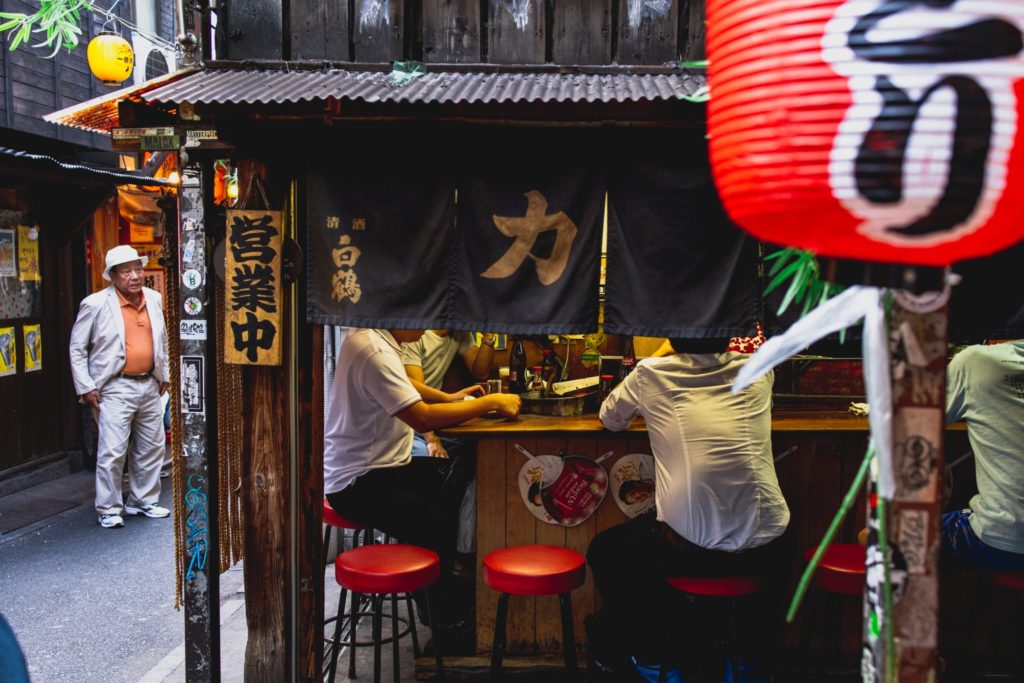
You can have that attitude, but you don’t have to. For me, the craft and curiosity for other areas of photography were always in the foreground. Of course, this is highly individual; if you only want to earn your income with one type of bread roll, you can of course do so. But having more options to work in helps, because:
It is always easier to generate more from an abundance than from a lack
There are always times when things just seem to be going great! The jobs are secured for the next few weeks, the payments are flooding the account, and you are thinking about the next big investment. It’s precisely then that you tend to lean back a little, pat yourself on the back and finally really relax again.
That’s generally not a bad thing, breaks to breathe deeply are essential, but you shouldn’t forget that you’re in this wonderful position right now that you don’t urgently need money/orders. And when is it easier to generate more income? When you’re broke or when your swimming in financial possibilities?
Of course, it’s easier if you have financial backing, which is why I highly recommend, even if or especially if, business seems to be going well: definitely stick with it and carry on, this will create real peace of mind and opportunities to relax in the long term, instead of the frustration, when it becomes more turbulent again. If things do get turbulent nevertheless, the only thing that helps is to stay calm.
How to stay calm even when everything seems to be falling apart (just financially, I’m not a guru)
It was spring 2021. I had just been completely self-employed for four months and had to go straight into an employment agency program. In November of the previous year, I decided to give up my side income in gastronomy and concentrate completely on photography.

Cancelled gigs, the full force of health insurance and other new costs forced me to my knees and made me dependent on subsidies. For the next six months I was only allowed to earn up to a certain amount on the side, otherwise the chance of funding, or additional education programs such as a start-up program offered by the state would have been lost.
Although I was of course working on the basic structure and basis of independence, I was living hand to mouth, and it was getting on my nerves. It felt like everyone went on vacation, everyone enjoyed life to the fullest and everyone “made it”, except me.
Free from the material status game
Turning every euro three times, constantly foregoing social participation, having no financial backups – all of this had a massive impact on my self-esteem. You know, since I was in my early 30s and barely able to hold myself, leaving me with a bad feeling and constant stress: Until suddenly it was gone.
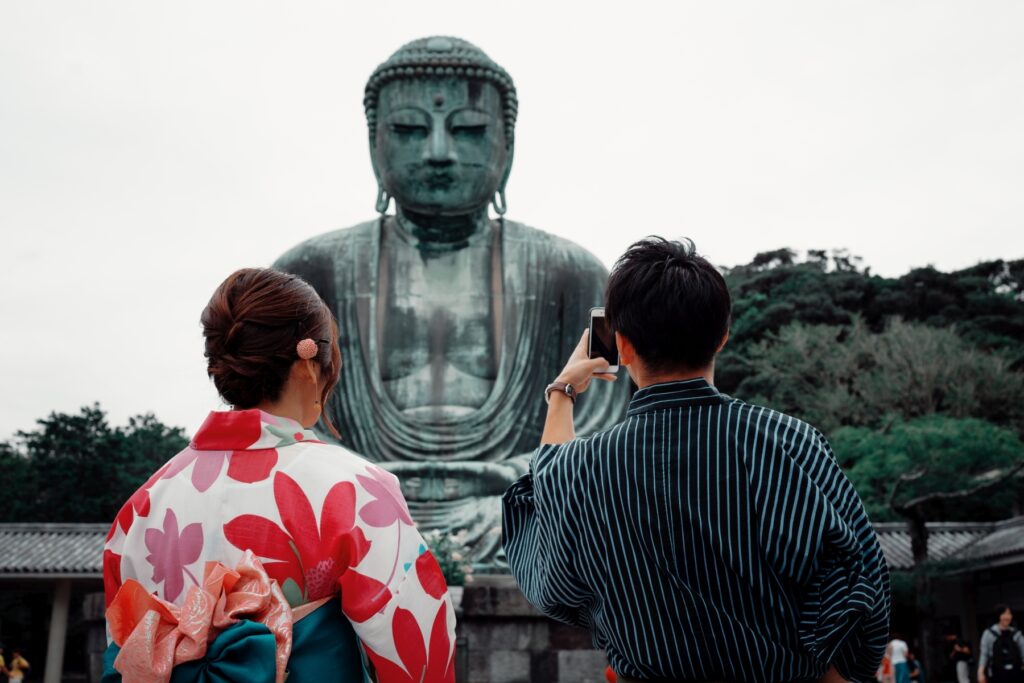
I don’t know what the deciding factor was, maybe I was just tired of worrying about money, but from one week to the next I was ok with my low income, financial insecurity and uncertain future; I stopped caring and stressing about it.
It’s worked so far, I’m healthy, I’m busy and whether I’m sipping a cocktail with friends in your fancy bar or having an after-work beer with my loved ones at the Reichenbach Bridge really doesn’t make much of a difference anymore.
I started to appreciate that I have good connections in my social circle, that I’m doing something that suits me, that I still have so much potential ahead of me and that is worth much more than a well-paid job that gives me a positive bank balance for 12 months guaranteed per year (at least in this state of life).
Financial security came when I didn’t care about it
And crazy, as if there was something to this “Backwards Law” everything suddenly happened all by itself. Start-up grants, well-paid jobs, a lucrative additional income and constant growth.
Today, whenever I notice pressure building up inside me that it’s going to be tight, I try to find that attitude and way of thinking in myself again and remind me that it will work out one way or another and that I don’t drive myself too crazy.
Just as it is easier to generate more from an abundance, you can also understand the fortune that is lacking in money as wealth regarding the quality of life, as a fortune of challenges/opportunities that lie in front of you and simply thrive in them.
It sounds philosophical, and it is, but if you understand that it is a privilege to have made it this far or to have gotten to the point that you dare and just do it, then what is a little financial insecurity. The worst thing that can happen is actually not bankruptcy, but to be constantly afraid of it.





